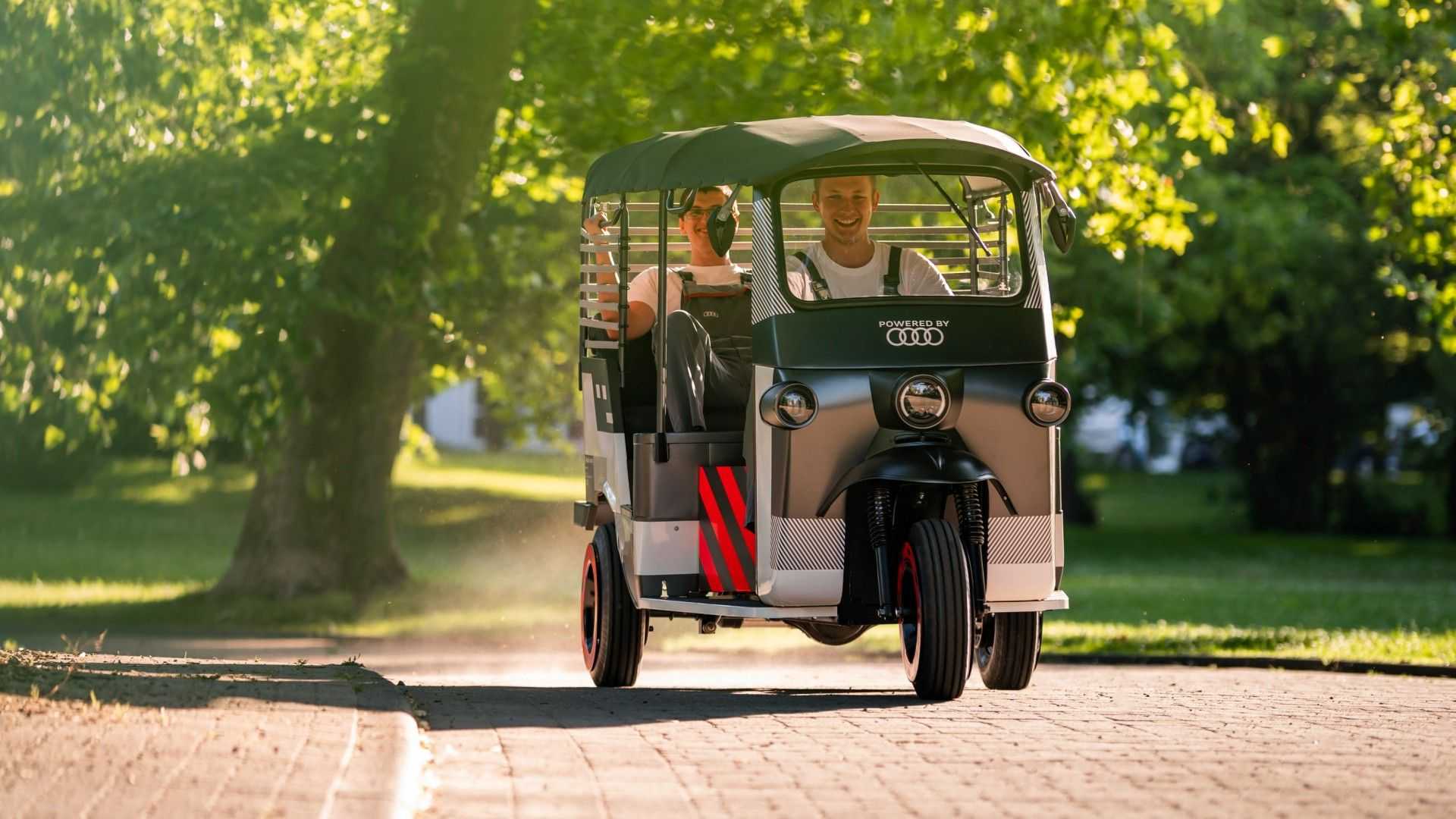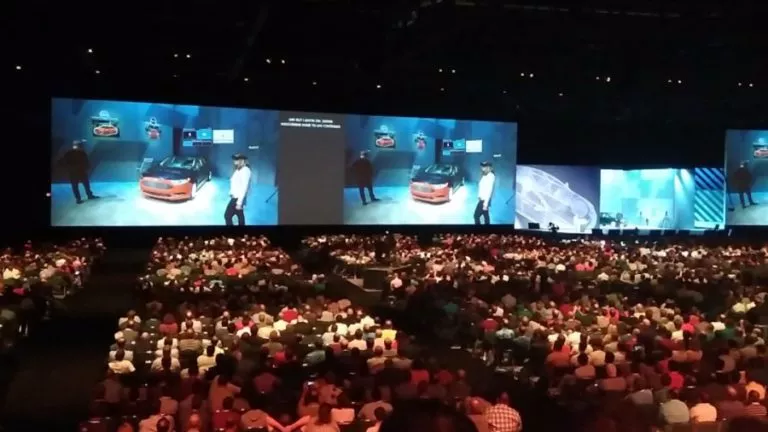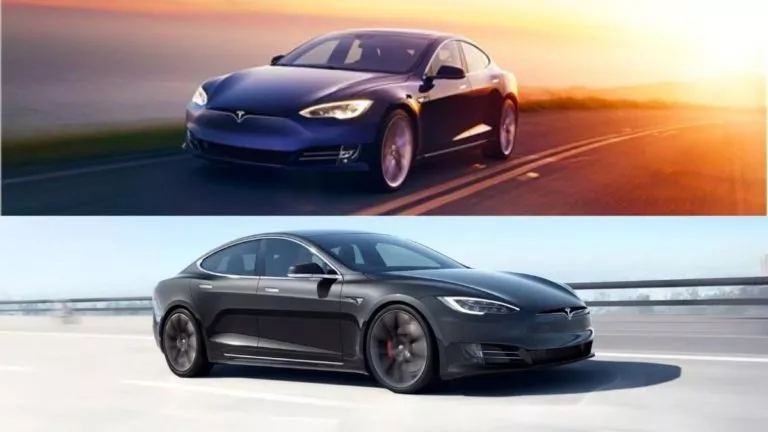Audi E-Rikshaw Will Soon Hit Indian Roads

Rickshaws are an Indian transport symbol. The ride offers a cheap means of transport for the locals and is also a tourist charm. However, a new report suggests that on the Indian roads next years, a new sight will appear in e-rickshaws.
Nunam, a German-Indian startup, is introducing three electrical rickshaws to the roads, which will use Audi-sourced second-life batteries. The used battery modules from Audi e-Tron vehicles will power the rickshaws.
It will serve the aim of presenting how you can use the modules created with the high-voltage batteries again after their first car life cycle is finished.
The rickshaws, if successful, can be a revolutionary introduction to the Indian automobile market as it also has the potential to create job opportunities for women. It will empower them to transport goods without requiring intermediaries.
Audi Environmental Foundation funds the Nunam non-profit startup as it has created three prototypes in alliance with Audi’s Neckarsulm site training team. It marks the first joint venture between Audi Environmental Foundation, Audi AG, and Nunam.
The e-rickshaws with the Audi e-Tron battery modules are expected to pilot on the Indian roads from early 2023.
The Motive
The startup’s main aim is to create a way to use the old batteries as a second-life power storage system. It will let the companies extend the battery’s lives and use resources more efficiently. It will also benefit the environment as the possibilities with renewable energy are endless.
Prodip Chatterjee, the cofounder of Nunam, said, “Car batteries are designed to last the life of the car. But even after their initial use in a vehicle, they still have much power. They are extremely promising for vehicles with lower range and power requirements and lower overall weight.”
When asked about why he plans to start with rickshaws? Chatterjee said that these vehicles have “an ideal eco-efficiency.” Since the electrical motors don’t necessarily have to be powerful, they can help the vehicle achieve a lower weight.
The high-energy-density battery is also better than the standard rickshaws in India with lead-acid batteries, which have a short service life.
Unlike the typical rickshaws in India, which charge the vehicle with public grid electricity that contains a coal-fired power in higher proportions in India, these e-rickshaws will use solar charging stations installed at local partner’s premises.





